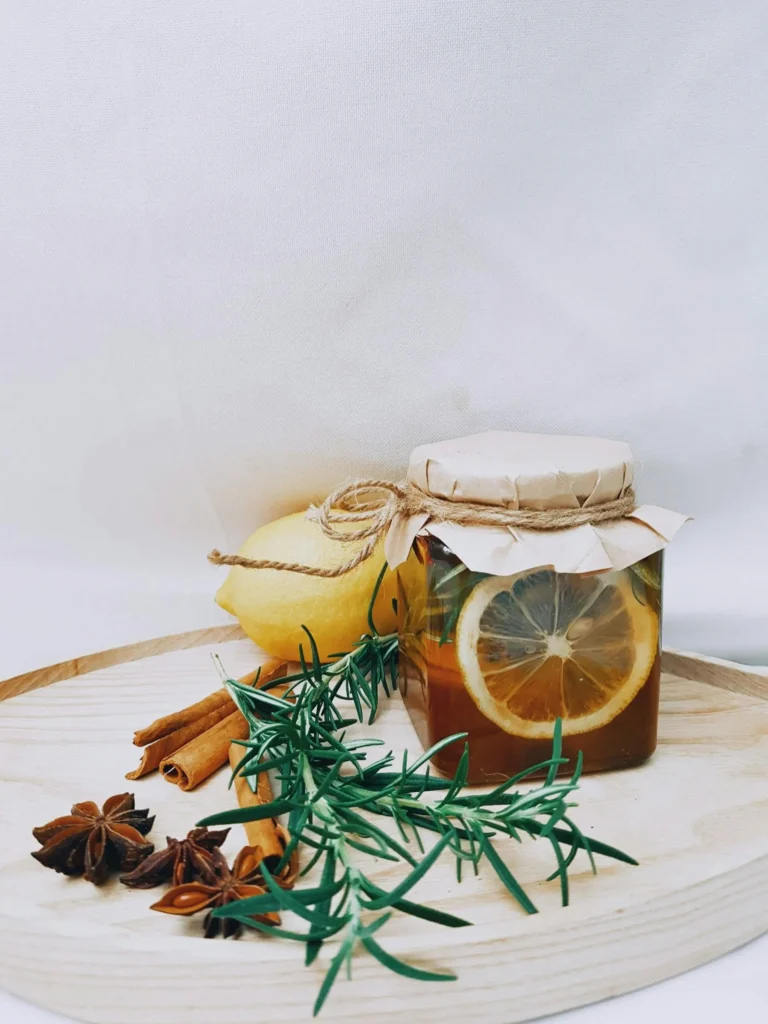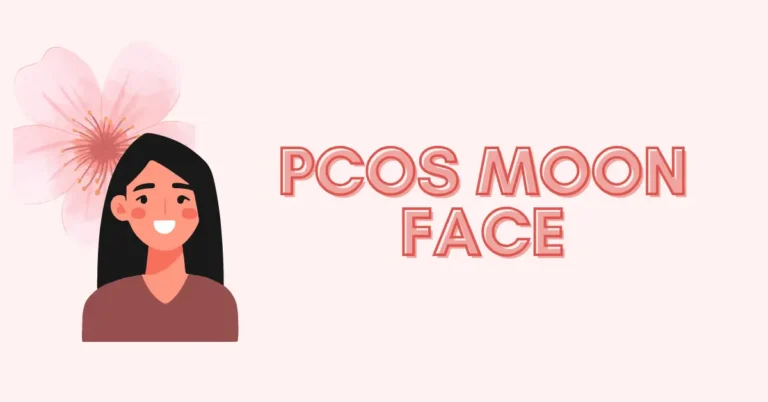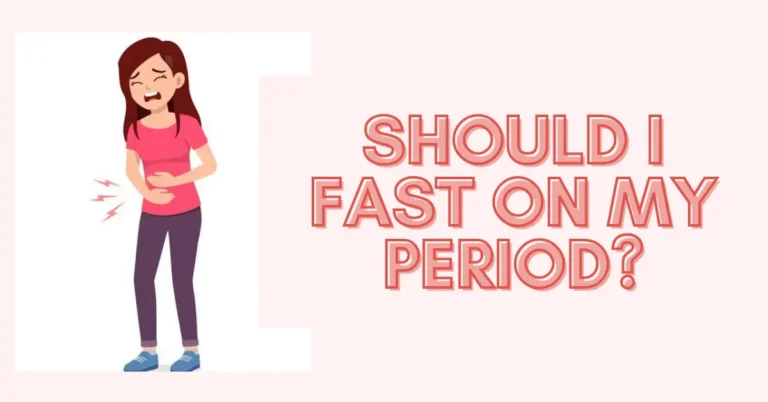How to get rid of ovulation bloating
If you’re like me, ovulation bloating can make you feel like you swallowed a balloon. One minute, you’re feeling fine, and the next, your stomach is so puffy that your favorite jeans feel two sizes too small. If you have PCOS, this bloating can be even worse due to hormonal imbalances.
But don’t worry—I’ve been there, and I’ve got your back! In this post, I’ll break down why ovulation bloating happens, how long it lasts, and—most importantly—how to get rid of ovulation bloating naturally.

Why Am I Bloating During Ovulation?
Ovulation bloating happens due to hormonal changes that occur in the middle of your cycle. Around ovulation, estrogen levels peak, and your body releases luteinizing hormone (LH) to trigger the release of an egg. This hormone surge can cause your body to retain water and lead to bloating.
Another culprit? Increased progesterone after ovulation. Progesterone relaxes the smooth muscles of your digestive tract, slowing down digestion and leading to gas buildup and bloating. If you have PCOS, your hormones may already be fluctuating wildly, making ovulation bloating even more noticeable.
How Long Does Ovulation Bloating Last?
For most women, ovulation bloating lasts anywhere from a few hours to a couple of days. However, if you have PCOS, your bloating might linger longer due to chronic inflammation and insulin resistance, both of which contribute to water retention and digestive discomfort.

Is Bloating a Sign of Ovulation?
Yes, bloating can be a sign of ovulation, along with other symptoms like mild cramping, increased cervical mucus, and a slight increase in basal body temperature. If you track your cycle, you might notice bloating occurring around the same time each month.
Is Bloating Around Ovulation Normal?
Yes! Bloating during ovulation is completely normal, though it varies from person to person. Some women barely notice it, while others feel uncomfortably puffy. The good news? There are natural ways to manage it.
10 Natural Remedies to Get Rid of Ovulation Bloating

1. Stay Hydrated
It sounds counterintuitive, but drinking more water actually helps flush out excess sodium and reduce water retention. Aim for at least 8-10 glasses a day. Adding lemon to your water can also help with digestion and bloating.

2. Eat Potassium-Rich Foods
Potassium helps balance sodium levels and reduces water retention. Load up on potassium-rich foods like bananas, avocados, sweet potatoes, and leafy greens.
3. Cut Back on Salt
Excess sodium causes your body to hold onto water, making bloating worse. Try to avoid processed foods and opt for natural, whole foods instead.
4. Try Magnesium Supplements
Magnesium is a game-changer when it comes to bloating. According to the publication American Journal of Clinical Nutrition, magnesium helps relax the muscles in your digestive tract, reducing bloating and constipation. You can get magnesium from foods like almonds, spinach, and pumpkin seeds or take a supplement.

5. Sip on Herbal Teas
Certain herbal teas, like peppermint, ginger, and fennel, can help soothe your digestive system and reduce bloating. Peppermint tea, in particular, has been shown to help relax the muscles of the gastrointestinal tract (Journal of Gastroenterology).

6. Limit Dairy Intake
Many women with PCOS have some degree of lactose intolerance, which can make bloating worse. If you suspect dairy is a trigger, try switching to lactose-free options or plant-based alternatives like almond or coconut milk.
7. Eat Smaller, More Frequent Meals
Instead of three large meals, try eating smaller meals throughout the day. This helps keep digestion moving and prevents gas buildup that can contribute to bloating.
8. Move Your Body
Light exercise, like walking or yoga, can help stimulate digestion and reduce bloating. A study published in the World Journal of Gastroenterology found that gentle movement helps with bloating and digestive discomfort.
9. Support Gut Health with Probiotics
Probiotics help balance gut bacteria and improve digestion, reducing bloating. You can find probiotics in fermented foods like yogurt, kefir, sauerkraut, and kimchi. If you prefer supplements, look for one with Lactobacillus and Bifidobacterium strains, which have been shown to aid digestion (National Institutes of Health).
10. Try Dandelion Tea for a Natural Diuretic Effect
Dandelion tea is a natural diuretic that helps flush out excess water and reduce bloating. According to research published in The Journal of Alternative and Complementary Medicine, dandelion tea can significantly increase urine output, helping with fluid retention.
Are There Supplements That Can Help With Ovulation bloating?
Yes! Several supplements can help with ovulation bloating, especially if you have PCOS. Here are a few worth considering:
- Magnesium – Helps with muscle relaxation and reduces bloating.
- Probiotics – Improve digestion and support gut health.
- Dandelion Root – Acts as a natural diuretic, helping with water retention.
- Vitamin B6 – According to The American Journal of Clinical Nutrition, B6 helps with hormone regulation and reduces water retention.
- Omega-3 Fatty Acids – Found in fish oil, omega-3s help reduce inflammation and bloating (National Institutes of Health).
Always consult with a healthcare professional before starting any new supplements, especially if you have PCOS.
Final Thoughts
Ovulation bloating can be frustrating, but with the right natural remedies, you can manage it and feel more comfortable. Hydration, potassium-rich foods, probiotics, and gentle movement can all make a big difference. If bloating persists or becomes painful, it’s always a good idea to talk to a healthcare professional.
Do you experience ovulation bloating? Have any go-to remedies? Share your thoughts in the comments below!








